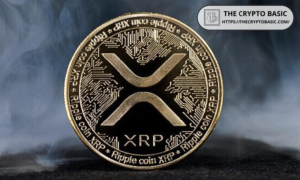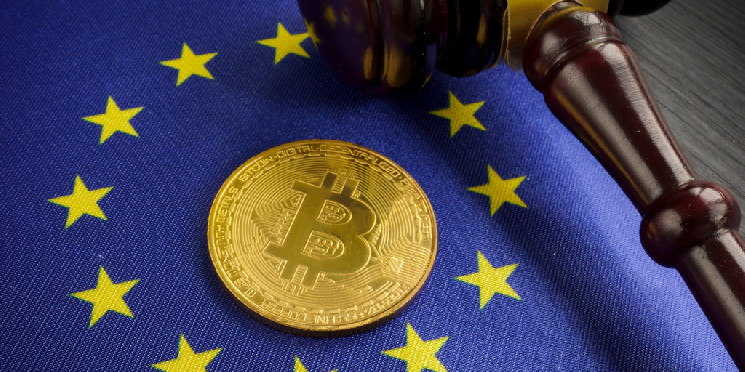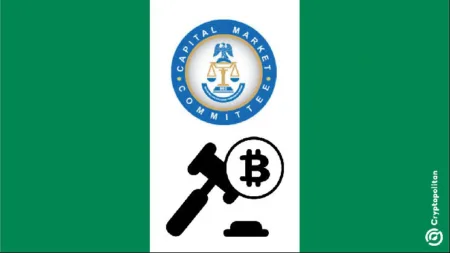Crypto fundraising platform Legion announced Monday that it has teamed with startup Bluprynt to add compliance solutions that enable developers in the EU to comply with MiCA rules when conducting token sales—without relying on a slew of lawyers.
Bluprynt founder and CEO Chris Brummer told Decrypt in an interview that the partnership centers on driving down compliance costs. Whether it’s drafting white papers in a proper format, or coloring them in with on-chain data, he described Bluprynt as an end-to-end solution.
“My goal has been to free up entrepreneurs to concentrate on their vision and put their capital toward its best use,” Brummer said. “Bluprynt is basically developing software to translate regulatory requirements into a very user-friendly process.”
While white papers have a long-standing history in settings such as academia, they’ve become a staple for developers explaining how their projects work in the crypto space. At the same time, Brummer, a Georgetown University Law professor, said that white papers can serve as a means of developing investor interest, with varying degrees of accuracy or attention to detail.
Under Markets in Crypto-Assets Regulation (MiCA) rules in the EU, white papers became a requirement for projects selling tokens or raising capital as of June, with a robust set of disclosure requirements and minimum standards. For small projects, Brummer said that the costs associated with producing a compliant white paper can become prohibitive, easily pushing upwards of €50,000 (about $54,000).
Bluprynt aims to streamline the process of extracting and formatting on-chain data, creating white papers that can be reviewed by lawyers on an accelerated basis. Brummer estimated that the cost of complying with MiCA was reduced through Bluprynt by 70% in practice.
Founded in 2021, Legion aims to provide retail investors with better access to on-chain fundraising efforts. Effectively, it’s putting a regulatory compliant spin on Initial Coin Offerings (ICO), first popularized by Ethereum in 2016, alongside billions thrown at other projects.
Last week, Legion unveiled an investor scoring system, enabling founders to assess prospective investors’ contributions to other projects. Alongside the tie-up with Bluprynt, Legion founder Matt O’Connor said that the fundraising platform is further democratizing on-chain raises.
“Today’s market is full of projects that are capital rich, but community poor,” he said in a statement. “With MiCA-compliant white papers and a licensed platform for retail investors, teams can now include value-add users at the earliest fundraising stages.”
In the U.S., ICOs are largely unregulated, while the Securities and Exchange Commission (SEC) has called upon token issuers to come in and register. Carrying the risk of litigation, Brummer described the process of issuing tokens in the U.S. as a high-stakes scenario.
“It’s not easy,” he said. “The requirements that are in place don’t always fit the instrument, and that does neither regulators nor investors very much good.”
While the registration process in the U.S. could ask projects about their corporate governance, it doesn’t cover decentralized governance through DAOs. Additionally, audited financial statements could be an area of focus, while core crypto aspects like tokenomics aren’t.
Depending on whether digital assets regulation is passed following the U.S. presidential election, as some lawmakers have promised, regulatory requirements could shift soon. Meanwhile, Brummer described standardized white papers as a nod to crypto’s roots in the EU.
“They’re are many different ways in which information provided by projects will be coming under some kind of regulatory oversight,” Brummer said. “We started with the white paper because it was a great sort of proof-of-concept—the Europeans have been very forward-looking.”
Edited by Andrew Hayward
Read the full article here









